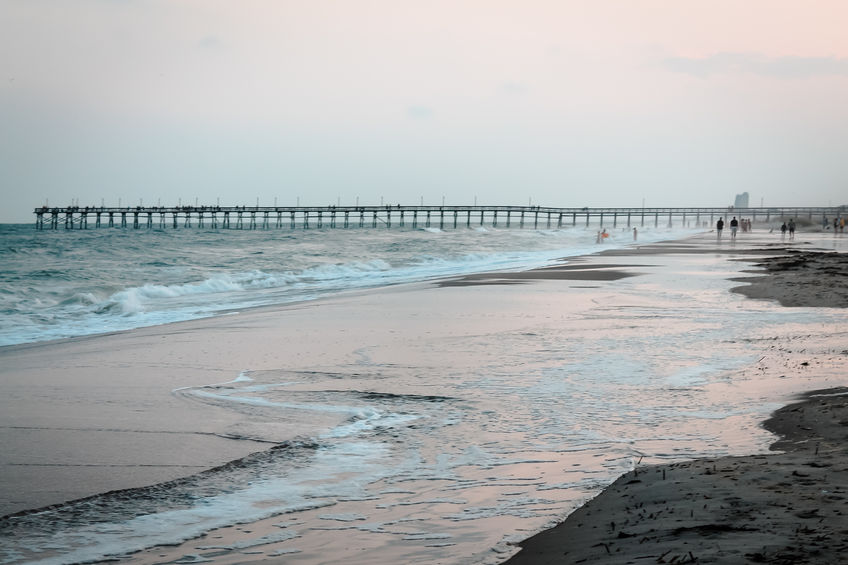Life is a beach – until half of them disappear by the turn of the century in 2100, we’ve just been told, thanks to global warming.
According to research by “climate experts” published earlier this month by the journal Nature Climate Change, global warming-caused sea level rise “could result in the near extinction of almost half of the world’s sandy beaches by the end of the century.”
Then again, maybe not.
Notice the sensational claims mixed with weasel words by these researchers. Beaches “could” be “near extinction” eighty years from now when everyone older than a newborn will be an octogenarian or dead. The study’s lead author Michalis Vousdoukas claimed that half the world’s beaches will erode “more than 100 meters” and that it is “likely that they will be lost.” More weasel words, as in “likely.”
The study outlined different temperature warming scenarios, including an increase of 2.4 degrees Celsius and higher that would contribute to wiping out half the beaches. Mr. Vousdoukas further claimed that a moderate reduction in greenhouse gas emissions could prevent 40 percent of the projected diminution of shoreline.
There you have it. Cut carbon emissions presumably by killing fossil fuels, and our future lineage can still enjoy the sand and surf!
Count this as one more study in the spirit of Paul Erlich’s 1968 book The Population Bomb, which predicted mass global starvation within a decade. The difference in this case is the prediction for losing half the world’s beaches is made to occur eight decades from now when the authors will be dead, and thus spared the embarrassment when it doesn’t come to fruition.
The truth is, the authors of this study and so many others with sensationalist, un-provable claims for the next century are merely throwing spaghetti against the wall to see what sticks, if anything. Perhaps beach erosion may be 50 meters by 2100. Does Mr. Vousdoukas and his co-authors really know? They don’t.
What if the world climate instead cools by 2100? Can we still go to the beach?
It is astounding to me how many media outlets picked up this study and parroted its findings, uncritically.
As CFACT has reported, changes to the world climate are ongoing and influenced by multiple factors far beyond carbon emissions from fossil fuel use. Sunspot activity–which indicates global cooling may be in the near future–along with water vapor, ocean currents and so much else, affect the climate – today. Eighty years from now, these multiple factors also will affect the climate, with no way to pin down future temperatures.
Since the end of the Little Ice Age in the late 1800’s, the planet has been warming moderately, and we still have lots of beaches, including on all those vacation islands with ads on television that show gorgeous humanoids in paradise. Yet, we are suppose to believe that in less time in the future, half the beaches will be gone?
Global warming or not, beaches do not remain stagnant, as coastal erosion and replenishment is a natural process. Coastal development such as building houses and roads too close to the water has more to do with erosion than climate change.
Restricting future development further from the shoreline will do more to allow beaches to naturally maintain themselves, along with backfilling lost sand, than reducing carbon emissions. These and other approaches over time are far better and cheaper solutions than destroying the fossil fuel industry on the theory that the climate will stop changing.
According to a study last year by the University of Delaware, federal homeowner buy-out efforts have resulted in more than 40,000 homes purchased to allow flood plain restoration and open space in more than 1,100 counties spread across every state except Hawaii.
Studies of this kind about “extinction” of beaches I suspect are designed to affect people emotionally to fulfill a political agenda. After all, who doesn’t enjoy the beach? No one wants to them to disappear. The message is: get on board the global warming train and demand the (unrealistic) replacement of fossil fuels from our lives and economy so we can enjoy the beach!
Beware of alarmism. If we are good stewards of the Earth, we need not wreck our standard of living to enable our descendants to enjoy the beaches, even as the temperature changes naturally.
